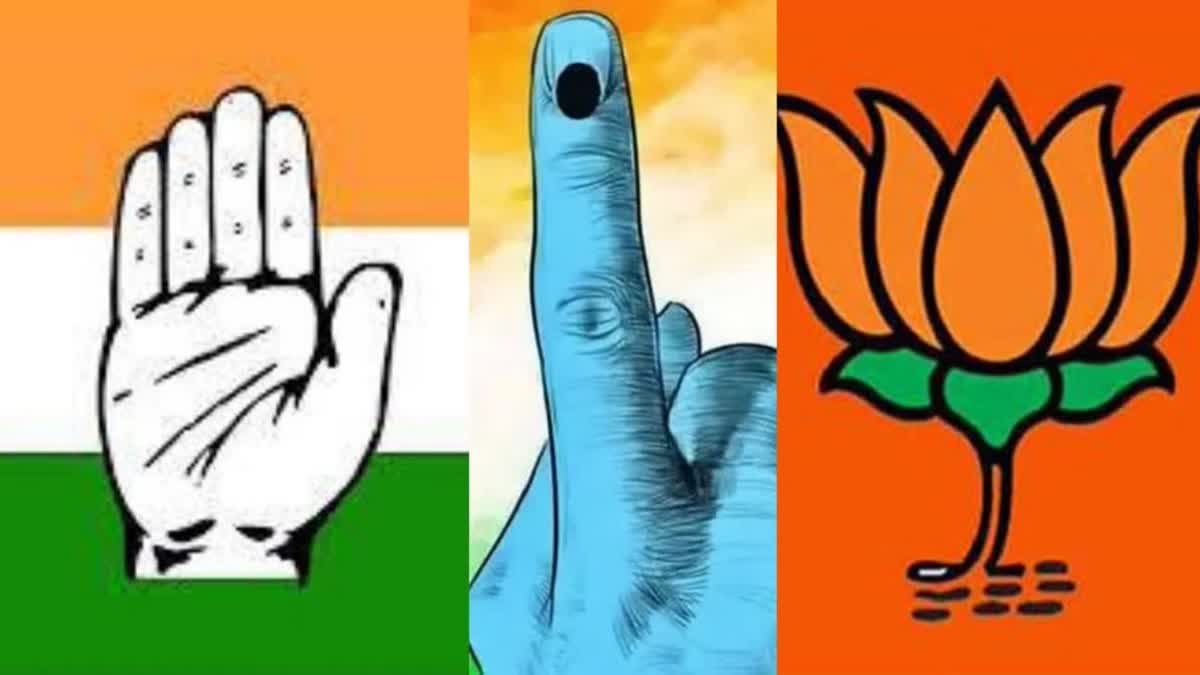Hyderabad: With the conclusion of the Jharkhand and Maharashtra assembly elections, the focus shifts to opinion polls and exit polls. Both are crucial to know the behaviour of voters and forecast outcomes of the results.
However, they are not the same, as exit polls are announced after the conclusion of elections while opinion polls are conducted before the voter casts his or her vote.
These polls faced huge criticism for being inaccurate, as predictions by several pollsters went wrong during recently held assembly polls.
Exit Polls
An exit poll released after the elections is a survey compiled based on what voters take after casting their ballot. Later, pollsters turn this into figures and predict the outcome in a constituency or region, which may or may not be correct.
The exit polls are not always exact projections but give a fair idea about the possible outcome and expectations from the election.
The reliability of exit polls depends on a couple of factors, primarily: the type of sampling methods, margins of error, and voter honesty and openness to participate as well. Exit polls can often help us identify the voters' behaviour.
Several private companies or media organisations carry out exit polls, which likely report truthful selections of voters and quick post-election analysis.
Exit poll surveys ask voters about their choices of candidates as well as, in certain cases, the variables influencing their choices. These surveys aim to shed light on the immediate consequences of the election. Data shows exit polls to be more accurate because they record real voting behaviour.
Notably, exit polls are governed by Section 126A of the Representation of the People Act, 1951, to guarantee impartial behaviour. This clause forbids conducting and disseminating exit polls in any state between the beginning of polling and thirty minutes following the conclusion of the final voting phase. To avoid having an early impact on voter behaviour, these laws are overseen by the Election Commission of India (ECI).
Opinion Polls
Opinion polls are a pre-election survey compiled using the views of random people, who may or may not vote, to record their mood before the elections. The method of pollsters has been widely recognised for assessing the election results in India.
Unlike exit polls, opinion polls have many limitations, as people may change their opinions or choices immediately or after the elections, as sentiments related to elections are quite uncertain and volatile. Sometimes people might lie, so opinions are not considered accurate. Opinions from non-registered or non-eligible voters might also be featured.
Although opinion polls are a valuable source of information, they cannot accurately predict the outcome of an election. Voter turnout and last-minute shifts in public sentiment are two factors that may have an impact on the outcome.
Read More



